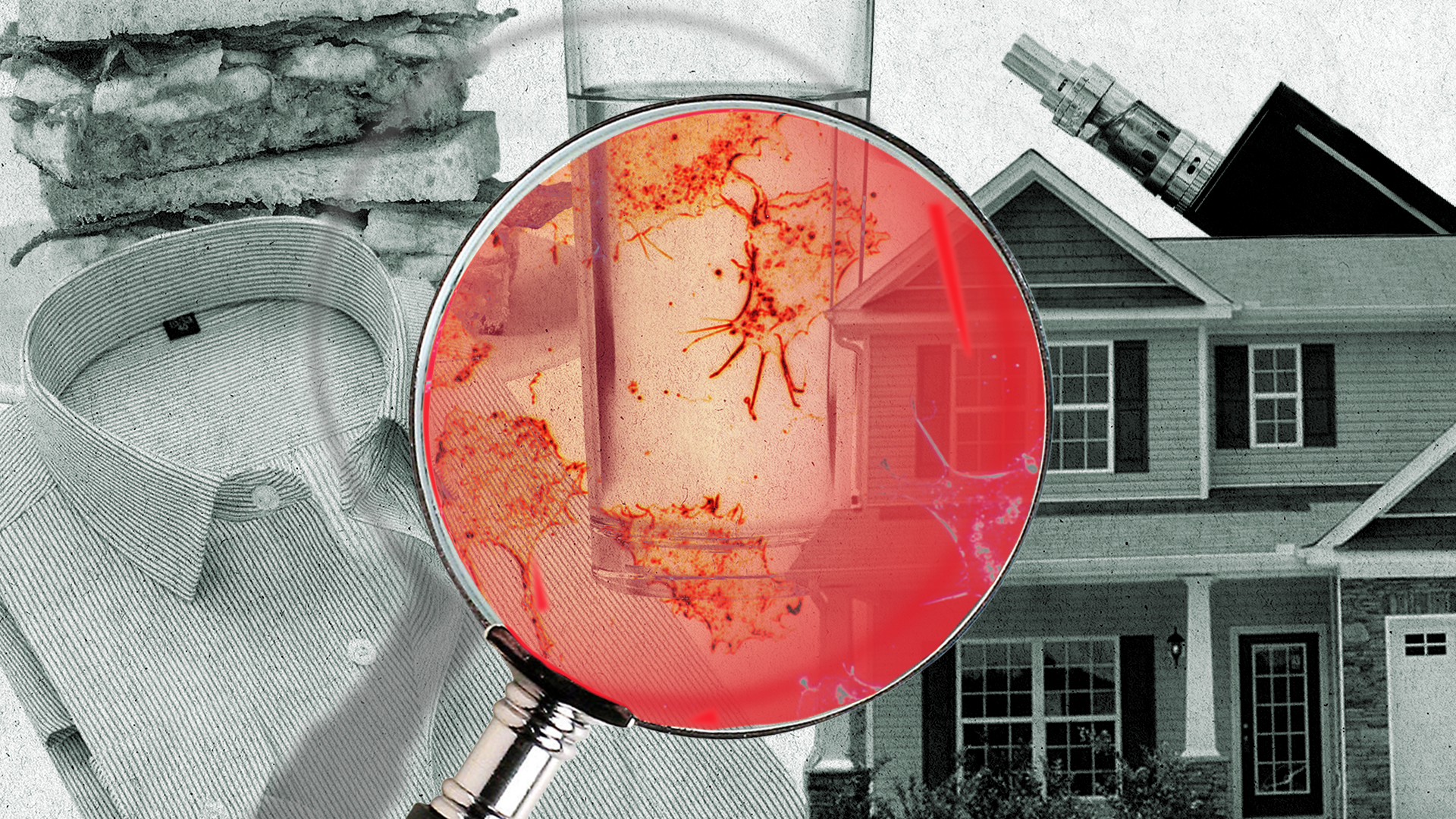The World Health Organization declared smallpox eradicated in 1980. But would a similar eradication of the disease be possible today?

Making food safer and sustainable
Greater investments in science, technology and innovative practices can transform food systems, and ensure steady supplies, nutrition, and access









